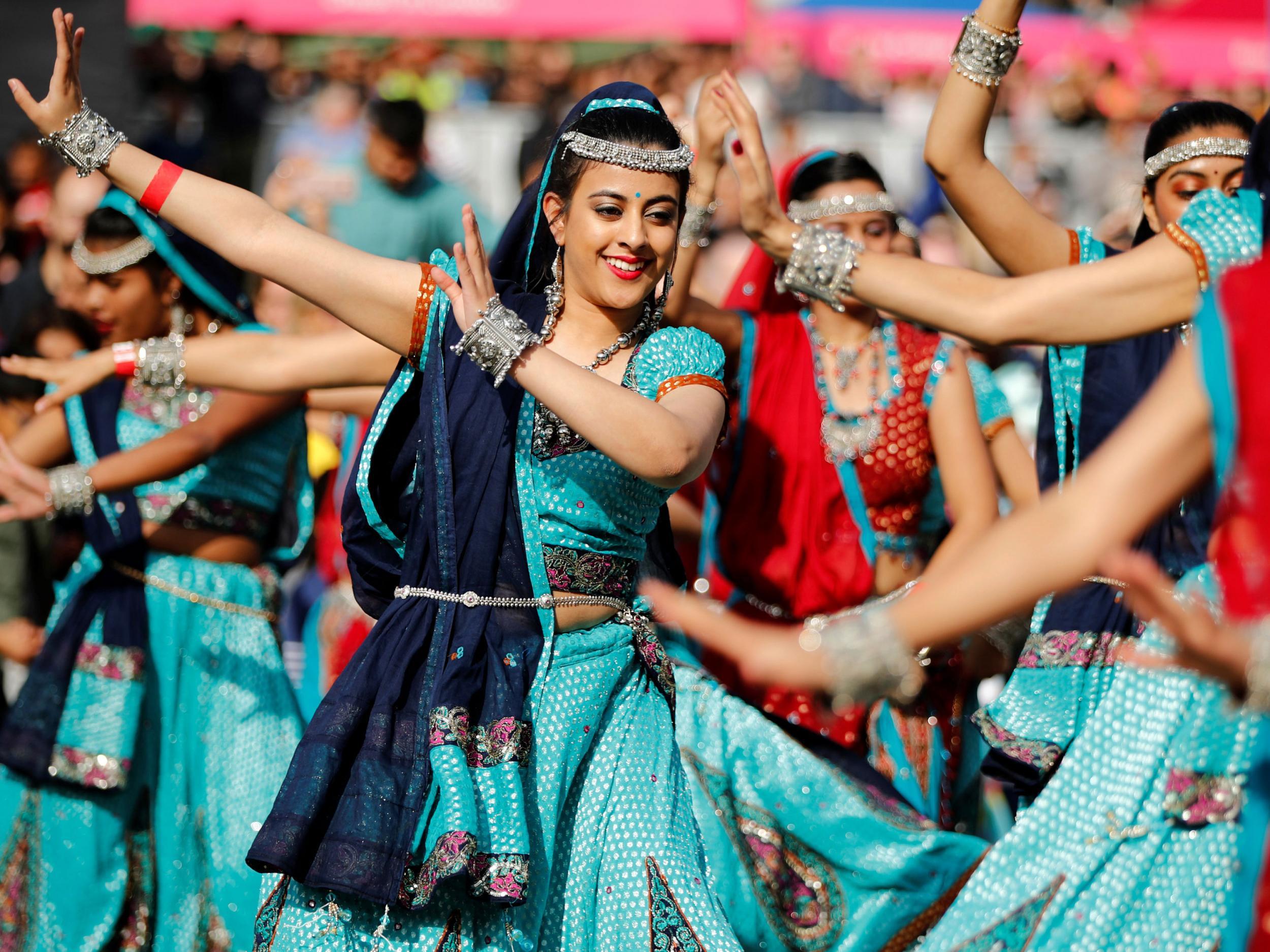Diwali 2018: When is it and how is it celebrated?
Millions around the world take part in festival of lights
Your support helps us to tell the story
From reproductive rights to climate change to Big Tech, The Independent is on the ground when the story is developing. Whether it's investigating the financials of Elon Musk's pro-Trump PAC or producing our latest documentary, 'The A Word', which shines a light on the American women fighting for reproductive rights, we know how important it is to parse out the facts from the messaging.
At such a critical moment in US history, we need reporters on the ground. Your donation allows us to keep sending journalists to speak to both sides of the story.
The Independent is trusted by Americans across the entire political spectrum. And unlike many other quality news outlets, we choose not to lock Americans out of our reporting and analysis with paywalls. We believe quality journalism should be available to everyone, paid for by those who can afford it.
Your support makes all the difference.Diwali, the festival of lights, sees millions attend firework displays, prayers and celebratory gatherings across the world every autumn.
Observed by Hindus, Sikhs and Jains, the season's theme is the triumph of light over darkness, good over evil and knowledge over ignorance.
Here we take a look at one of the most significant annual rituals in Indian culture.
What is Diwali?
Also known as Deepavali, a Sanskrit word meaning “rows of lighted lamps”, Diwali is one of the most popular festivals celebrated across southern Asia.
It sees millions of earthenware oil lamps, called diyas, light up people’s homes, shops, public spaces and places of worship to mark the start of the Hindu new year.
When is it celebrated?
Diwali falls between October and November every year but the exact date changes in accordance with the Hindu lunar calendar.

It lasts five days in total, with the festival of lights falling on the third days of celebrations, marked on the 15th day of the Hindu month Kartik.
This year that falls on Wednesday 7 November.
What are the different legends being celebrated?
For many Hindus, Diwali honours the triumphant return of the deities Rama and Sita to Ayodhya, the ancient Indian city of their birthplace, following a 14-year period in exile and their ultimate victory over the demon Ravana.
As recorded in the epic poem Ramayana by Valmiki, Ravana had kidnapped Sita, Rama's wife, prompting the lord to set out to rescue her, ultimately slaying the demon with the aid of the monkey god Hanuman. Their victorious return home was celebrated by the lighting of lamps across the kingdom.
Diwali also pays homage to Lakshmi, goddess of wealth and prosperity. Some believe it falls on her birthday, also the date on which she married Lord Vishnu.
Many in India leave their windows and doors open and light lamps as a means of welcoming Lakshmi into their homes.
For many Sikhs, Diwali is a cause for celebration because it coincides with the date on which the sixth guru Hargobind Singh and 52 princes were released from prison in 1619.
For Jains, it is a celebration of their Tirthankara, or spiritual leader, specifically the moment the 24th of the current age, Tirthankar Mahavira, reached Moksha - the release from the cycle of death and rebirth cycle into infinite bliss and knowledge.
How is it celebrated?
Diwali is part of a five-day festival celebrated with music, lights, fireworks and traditional sweets.
Many prepare for the festival by cleaning and decorating their home, donning new clothes to take part in the family puja, in which prayers of devotion are offered to Lakshmi.
Rangoli artwork – patterns and designs made from coloured powders, ground rice powders and flowers – is proudly displayed.
Celebrations held across the UK included an annual festival in London’s Trafalgar Square hosted by the mayor of London, Sadiq Khan. This features live music and dance performances, with traditional food and activities like yoga and henna on offer.
Leicester’s celebrations, one of the biggest outside of India, regularly sees 40,000 people attend to watch the annual Diwali lights switch-on along the city’s Golden Mile before the fireworks kick off.

Join our commenting forum
Join thought-provoking conversations, follow other Independent readers and see their replies
Comments